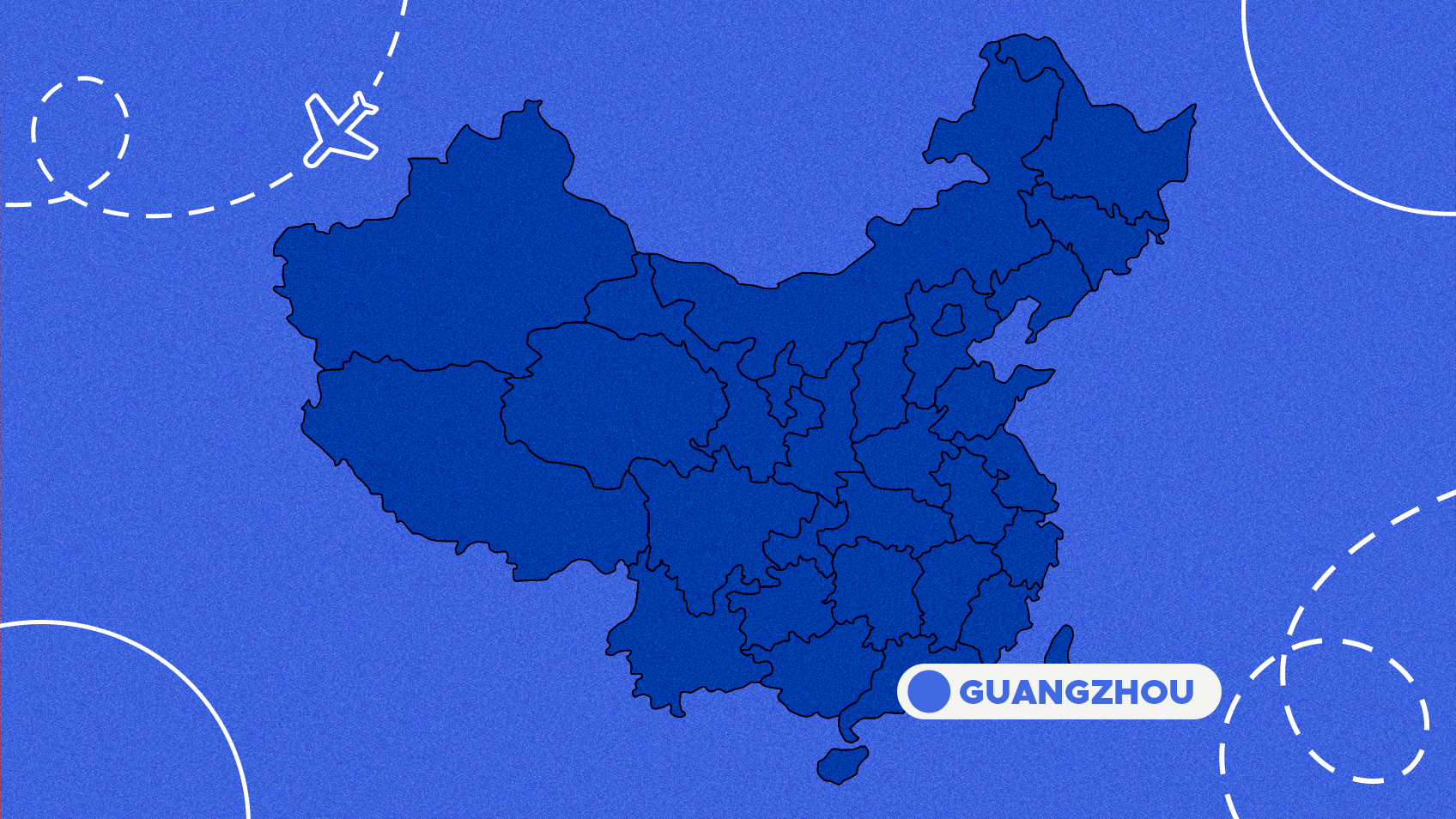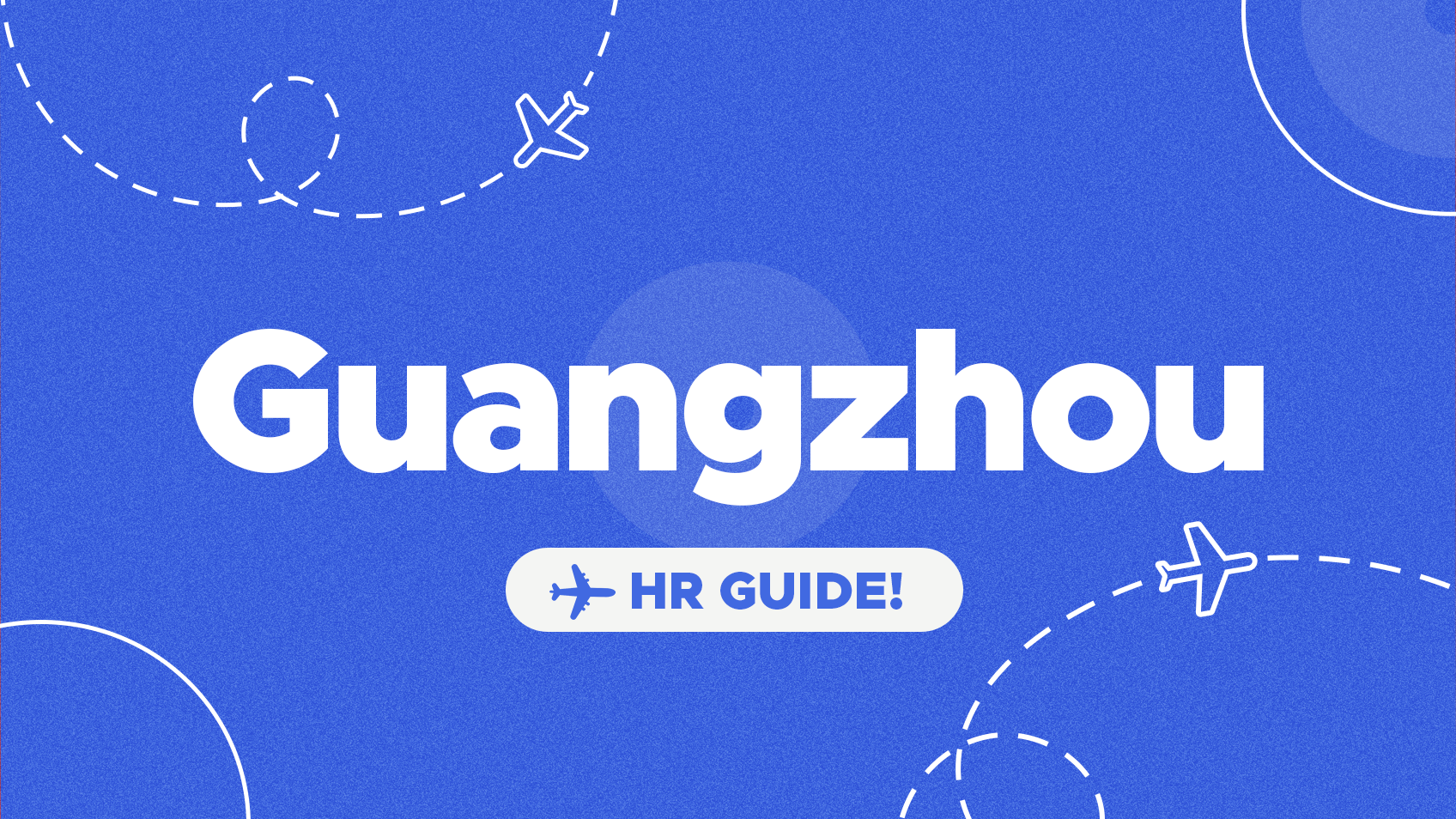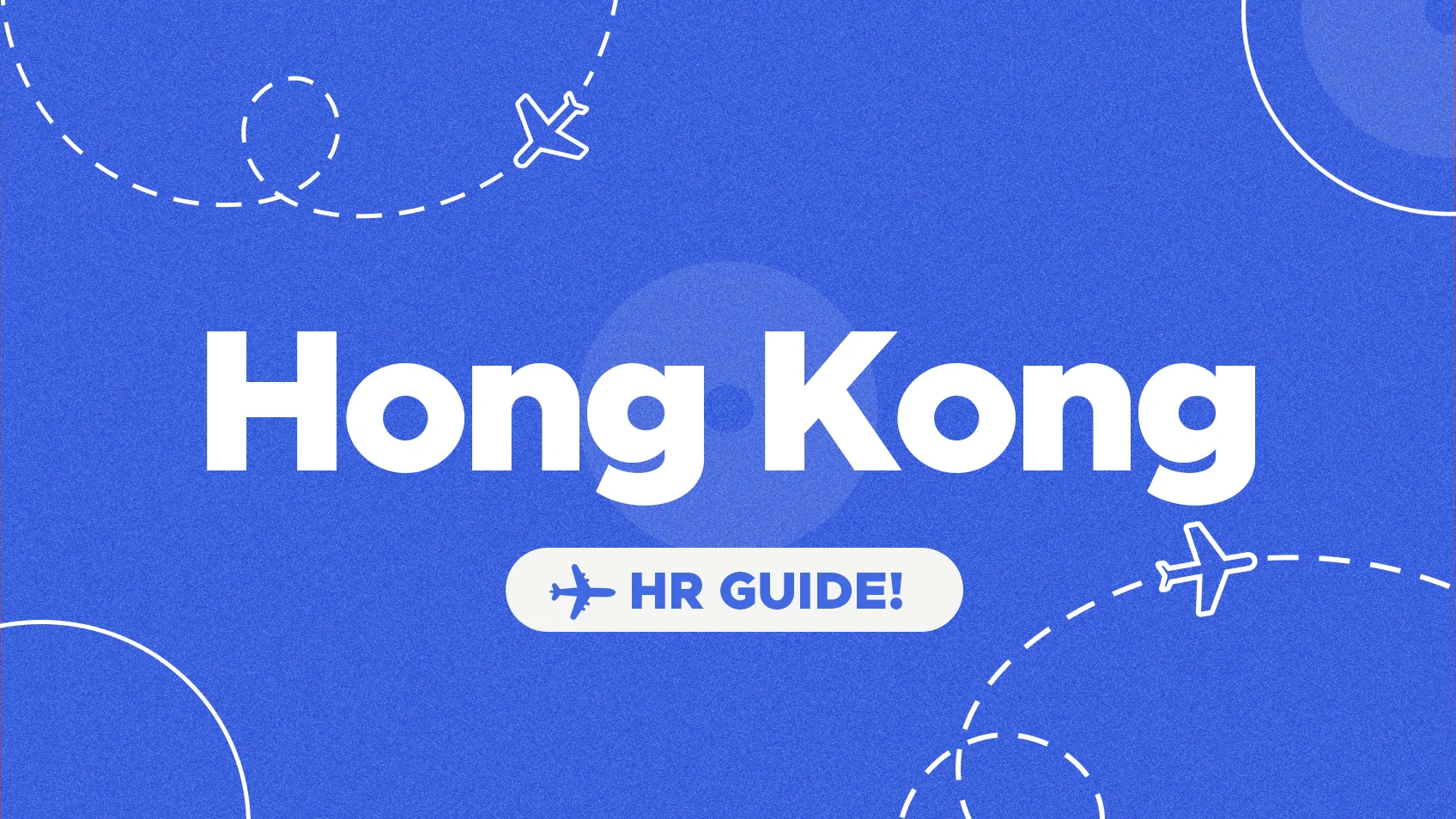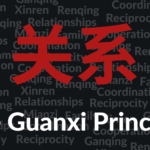Guangzhou is China’s manufacturing powerhouse and the capital of Guangdong province. As the Pearl River Delta’s commercial heart, it’s home to massive industrial clusters and the world-famous Canton Fair.
The city offers direct access to China’s manufacturing supply chains, with strong clusters in automotive, electronics and petrochemicals. English proficiency is generally high for China, and there’s a steady pipeline of graduates from the city’s many universities, including seven “Double First-Class” institutions.
Here’s what you need to know.
Quick Facts
| Category | Details |
|---|---|
| City Tier (Yicai Global) | First-Tier (Rank 4) |
| Dialect | Cantonese |
| Population | 22 Million |
| Airports | Guangzhou Baiyun International Airport (IATA: CAN) |
| Logistics Infrastructure | Port of Guangzhou (4th largest in world by cargo throughput) |

Who Should Consider Hiring in Guangzhou?
Manufacturing is king in Guangzhou. If you’re in automotive, electronics, petrochemicals, textiles, or advanced manufacturing, this is where the action is. The city produces 30% of China’s exports and hosts the world’s largest trade fair twice a year.
- The most complete manufacturing supply chains in China
- A massive pool of factory workers and engineers
- Excellent logistics infrastructure (port, airport, rail)
Having said that, if cost sensitivity is high, consider nearby Dongguan and Foshan for similar industrial ecosystems at generally lower wages and facility costs while remaining within the same supplier network.
| Best For | Think Twice If… |
|---|---|
| Manufacturing, automotive, electronics, trade | You need cutting-edge tech talent — consider Shenzhen instead |
| Companies needing supply chain proximity | Your industry isn’t manufacturing-adjacent |
| Export-focused businesses | Cost is the primary constraint — consider Dongguan or Foshan for lower total labor and facility costs |
Talent Profile
Many of the city’s universities, including South China University of Technology and Sun Yat-Sen University, are highly regarded. As a result, Guangzhou is consistently cited among the top cities nationwide for undergraduate enrollment. This translates into a substantial pipeline of young talent.
The city also records large annual net inflows of residents from other parts of China, reflecting its role as a national migration hub within Guangdong’s core labor market.
English Proficiency
Guangzhou scored 480 on the EF English Proficiency Index, placing it 7th among major Chinese cities. While below Beijing (518) and Shanghai (511), this still represents “moderate” proficiency.
For comparison, Singapore ranks the highest in Asia at 609. Therefore, foreign companies should expect some language barriers and may need to provide additional training for roles requiring strong English communication skills.
Wages
Guangzhou salaries reflect its status as a first-tier city and manufacturing hub.
The 2024 average annual wage for employees in the public sector was 164,443 yuan ($23,100), or approximately 13,704 yuan ($1,925) per month. Private sector wages were significantly lower at 82,907 yuan annually, or about 6,909 yuan monthly.
Minimum Wage
Guangzhou’s minimum wage is 2,500 yuan per month, with an hourly minimum wage of 23.7 yuan per hour.
Social Insurance
As with the rest of China, social insurance contributions are percentage-based and calculated on a monthly contribution base derived from salary.
However, there are minimum and maximum limits set by the local government:
- Pension Insurance: Minimum 5,500 yuan/month, Maximum 27,501 yuan/month
- Medical Insurance: Minimum 6,236 yuan/month, Maximum 31,179 yuan/month
Example:
- If you hire someone at 5,000 yuan per month, pension contributions calculate as if they earn 5,500 yuan
- If you hire someone at 35,000 yuan per month, pension contributions calculate as if they earn 27,501 yuan
Here’s how it breaks down:
| Insurance Type | Employer Rate | Employee Rate |
|---|---|---|
| Pension | 16% | 8% |
| Medical (Including maternity insurance) | 5.35% | 2% |
| Work Injury | 0.2%-1.4%* | 0% |
| Unemployment | 0.8% | 0.2% |
*Work injury insurance rates determined by industry risk classification
Housing Fund
Both employers and employees contribute to the housing fund in Guangzhou. The contribution rate ranges from 5% to 12%, with both parties using the same rate.
- The minimum base is 2,320 yuan/month, and the maximum is 39,828 yuan/month
| Actual Salary | Contribution Base | If Rate is 5% | If Rate is 7% |
|---|---|---|---|
| 2,000 yuan | 2,320 yuan | 116 yuan | 188.30 yuan |
| 10,000 yuan | 10,000 yuan | 500 yuan | 700 yuan |
| 40,000 yuan | 39,828 yuan | 1,991 yuan | 2,787.96 yuan |
To understand how these figures impact your company payroll cost, please use our salary calculator!
Leave Polices
Guangzhou follows Guangdong Province’s enhanced leave policies, which are more generous than national standards in several areas:
Marriage Leave: 3 days as per national standard (Guangdong cancelled extended marriage leave in 2016).
Maternity Leave: Women get 98 days basic maternity leave plus 80 days additional leave (178 days total), significantly higher than the national 98-day standard.
Paternity Leave: Men get 15 days paternity leave.
Parental Leave: Parents with children under 3 get 10 days per year each.
Annual Leave: Follows national standard (5-15 days based on years of service).
Elderly Care Leave: For only-children whose parents are over 60, 5 days per year for general care, up to 15 days if parents are hospitalized.
Tip: Multinational and foreign companies in China often offer extra leave as a perk to compete for skilled workers.
Sick Leave
Sick leave entitlements depend on the employee’s length of service and medical documentation. Sick‑leave pay cannot be lower than 80% of Guangzhou’s local minimum wage.
High Temperature Subsidy
Guangzhou has a mandatory high temperature subsidy for employees working in hot conditions from June to October.
- Employers must pay this subsidy to employees working outdoors when temperatures reach 35 degrees Celsius or above, or indoors if the workplace cannot be cooled below 33 degrees Celsius.
- The subsidy is 300 yuan per month (as of 2025, this is among the highest in China).
The subsidy must be paid in cold, hard cash.








